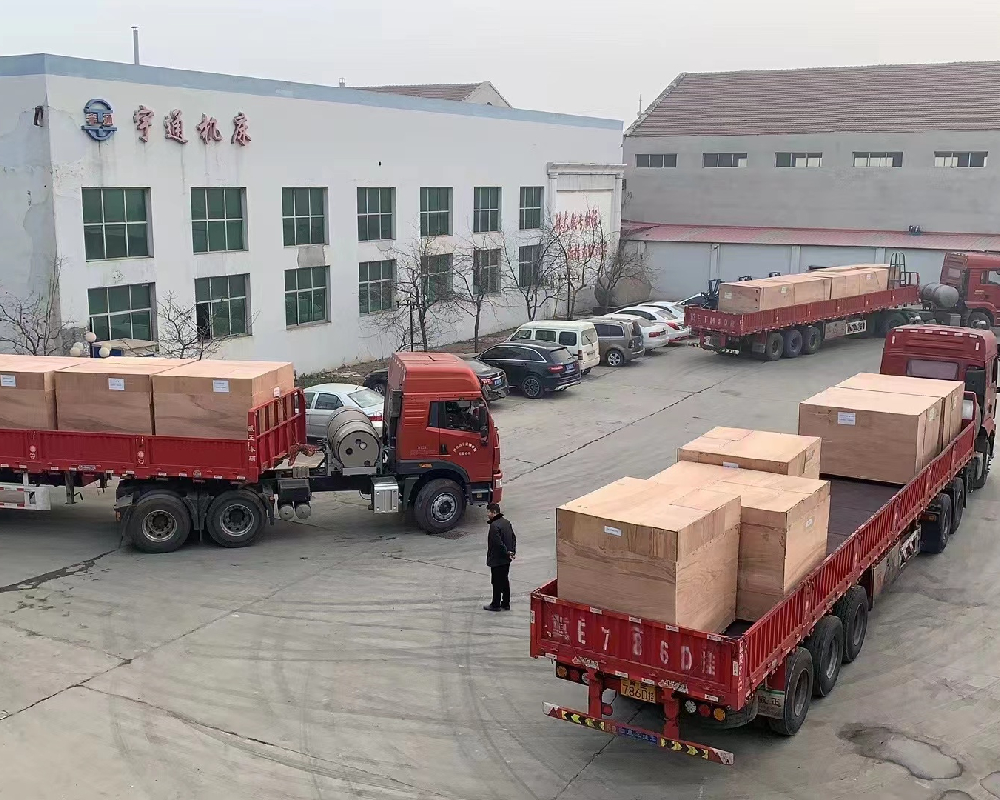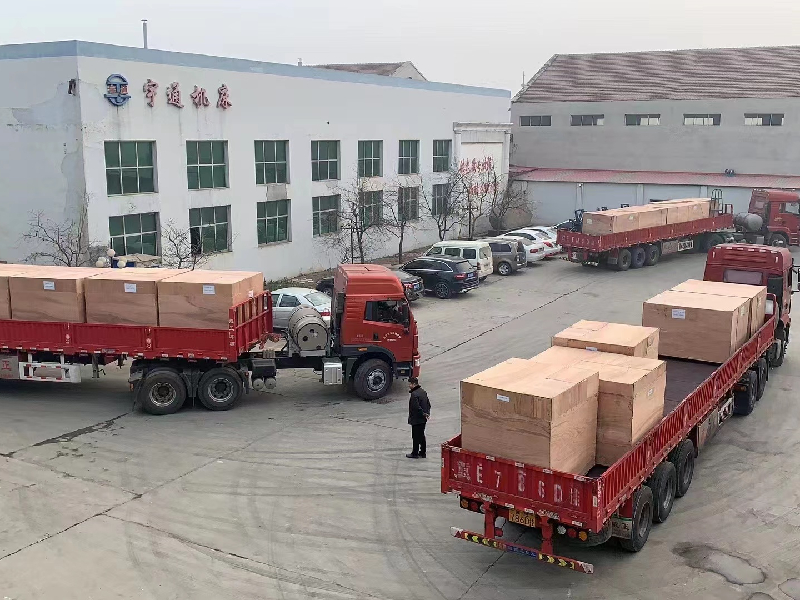
-
 Afrikaans
Afrikaans -
 Albanian
Albanian -
 Amharic
Amharic -
 Arabic
Arabic -
 Armenian
Armenian -
 Azerbaijani
Azerbaijani -
 Basque
Basque -
 Belarusian
Belarusian -
 Bengali
Bengali -
 Bosnian
Bosnian -
 Bulgarian
Bulgarian -
 Catalan
Catalan -
 Cebuano
Cebuano -
 Corsican
Corsican -
 Croatian
Croatian -
 Czech
Czech -
 Danish
Danish -
 Dutch
Dutch -
 English
English -
 Esperanto
Esperanto -
 Estonian
Estonian -
 Finnish
Finnish -
 French
French -
 Frisian
Frisian -
 Galician
Galician -
 Georgian
Georgian -
 German
German -
 Greek
Greek -
 Gujarati
Gujarati -
 Haitian Creole
Haitian Creole -
 hausa
hausa -
 hawaiian
hawaiian -
 Hebrew
Hebrew -
 Hindi
Hindi -
 Miao
Miao -
 Hungarian
Hungarian -
 Icelandic
Icelandic -
 igbo
igbo -
 Indonesian
Indonesian -
 irish
irish -
 Italian
Italian -
 Japanese
Japanese -
 Javanese
Javanese -
 Kannada
Kannada -
 kazakh
kazakh -
 Khmer
Khmer -
 Rwandese
Rwandese -
 Korean
Korean -
 Kurdish
Kurdish -
 Kyrgyz
Kyrgyz -
 Lao
Lao -
 Latin
Latin -
 Latvian
Latvian -
 Lithuanian
Lithuanian -
 Luxembourgish
Luxembourgish -
 Macedonian
Macedonian -
 Malgashi
Malgashi -
 Malay
Malay -
 Malayalam
Malayalam -
 Maltese
Maltese -
 Maori
Maori -
 Marathi
Marathi -
 Mongolian
Mongolian -
 Myanmar
Myanmar -
 Nepali
Nepali -
 Norwegian
Norwegian -
 Norwegian
Norwegian -
 Occitan
Occitan -
 Pashto
Pashto -
 Persian
Persian -
 Polish
Polish -
 Portuguese
Portuguese -
 Punjabi
Punjabi -
 Romanian
Romanian -
 Russian
Russian -
 Samoan
Samoan -
 Scottish Gaelic
Scottish Gaelic -
 Serbian
Serbian -
 Sesotho
Sesotho -
 Shona
Shona -
 Sindhi
Sindhi -
 Sinhala
Sinhala -
 Slovak
Slovak -
 Slovenian
Slovenian -
 Somali
Somali -
 Spanish
Spanish -
 Sundanese
Sundanese -
 Swahili
Swahili -
 Swedish
Swedish -
 Tagalog
Tagalog -
 Tajik
Tajik -
 Tamil
Tamil -
 Tatar
Tatar -
 Telugu
Telugu -
 Thai
Thai -
 Turkish
Turkish -
 Turkmen
Turkmen -
 Ukrainian
Ukrainian -
 Urdu
Urdu -
 Uighur
Uighur -
 Uzbek
Uzbek -
 Vietnamese
Vietnamese -
 Welsh
Welsh -
 Bantu
Bantu -
 Yiddish
Yiddish -
 Yoruba
Yoruba -
 Zulu
Zulu
Thread Rolling Machine Manufacturers High-Quality Types & Solutions
- Understanding the Core Technologies in Thread Rolling Machinery
- Key Technical Advantages of Modern Thread Rolling Machines
- Comparative Analysis of Leading Thread Rolling Machine Manufacturers
- Customization Solutions for Diverse Industrial Needs
- Industry-Specific Applications and Case Studies
- Critical Metrics for Evaluating Thread Rolling Equipment
- Future Trends in Thread Rolling Machine Manufacturing

(types of thread rolling machine manufacturer)
Understanding the Core Technologies in Thread Rolling Machinery
The global demand for precision-engineered components has driven significant advancements among types of thread rolling machine manufacturer
s. Thread rolling machines utilize cold-forming processes to produce threads with superior tensile strength and surface finish compared to traditional cutting methods. Three primary machine types dominate the market:
- Flat Die Machines: Ideal for high-volume production of bolts and screws, achieving speeds up to 400 parts per minute.
- Planetary Machines: Designed for complex geometries, offering tolerances within ±0.005 mm.
- Cylindrical Machines: Specialize in large-diameter threading for automotive and aerospace sectors.
According to a 2023 industry report, the thread rolling equipment market is projected to grow at a CAGR of 5.8%, driven by automation and material innovation.
Key Technical Advantages of Modern Thread Rolling Machines
Advanced thread rolling systems reduce material waste by 30-40% and enhance production efficiency by 25% through features like:
- Real-time load monitoring systems minimizing tool wear.
- Multi-axis CNC controls enabling ±0.002 mm repeatability.
- Energy-efficient drives cutting power consumption by 18%.
Comparative Analysis of Leading Thread Rolling Machine Manufacturers
| Manufacturer | Machine Type | Max. Pressure (kN) | Precision Grade | Production Rate (pcs/hr) | Price Range (USD) |
|---|---|---|---|---|---|
| Company A | Planetary | 1,200 | IT5 | 2,200 | $85,000–$120,000 |
| Company B | Flat Die | 800 | IT7 | 3,500 | $50,000–$75,000 |
| Company C | Cylindrical | 2,500 | IT4 | 1,800 | $150,000–$200,000 |
Customization Solutions for Diverse Industrial Needs
Top-tier manufacturers offer modular designs adaptable to:
- Material variations (stainless steel, titanium, alloys).
- Component diameters ranging from 2 mm to 300 mm.
- Integration with Industry 4.0 systems for predictive maintenance.
A recent automotive supplier case study demonstrated a 40% cycle time reduction using customized planetary thread rollers.
Industry-Specific Applications and Case Studies
Thread rolling machines serve critical roles in:
- Aerospace: Manufacturing landing gear components with 98% density threads.
- Medical: Producing ISO 13485-compliant surgical implants.
- Energy: Threading drill pipes capable of withstanding 15,000 psi.
Critical Metrics for Evaluating Thread Rolling Equipment
Procurement teams should prioritize:
- Tool life expectancy (industry average: 500,000–1M cycles).
- Machine rigidity (≥1.5x required forming force).
- Mean Time Between Failures (MTBF) exceeding 4,500 hours.
Future Trends in Thread Rolling Machine Manufacturing
As thread rolling machine manufacturers embrace AI-driven process optimization, emerging technologies like hybrid servo-hydraulic systems and graphene-coated dies are set to revolutionize thread quality and production costs. Industry analysts predict a 22% reduction in threading defects by 2026 through machine learning integration.

(types of thread rolling machine manufacturer)
FAQS on types of thread rolling machine manufacturer
Q: What are the main types of thread rolling machines offered by manufacturers?
A: Manufacturers typically produce flat die, cylindrical die, and planetary thread rolling machines. These types cater to different applications, materials, and precision requirements. Each type is designed for high-volume production or specialized threading needs.
Q: How do I choose the right thread rolling machine manufacturer?
A: Evaluate manufacturers based on their expertise, machine durability, and customization options. Ensure they provide technical support and comply with industry standards. Review customer testimonials and case studies to verify reliability.
Q: What product range do thread rolling machine manufacturers usually cover?
A: Reputable manufacturers often offer both manual and CNC-operated thread rolling machines. They may also supply accessories like dies, rollers, and automation systems. Custom solutions for unique threading applications are frequently available.
Q: Where can I find thread rolling machines for sale from manufacturers?
A: Manufacturers sell directly through their websites, global distributors, or industrial trade platforms. Many showcase inventory on B2B marketplaces like Alibaba or industry-specific exhibitions. Contact sales teams for tailored quotes and regional availability.
Q: How do thread rolling machine manufacturers ensure quality?
A: Leading manufacturers use ISO-certified production processes and rigorous testing protocols. They often provide material certifications and performance guarantees. Third-party audits and client references further validate their quality standards.
